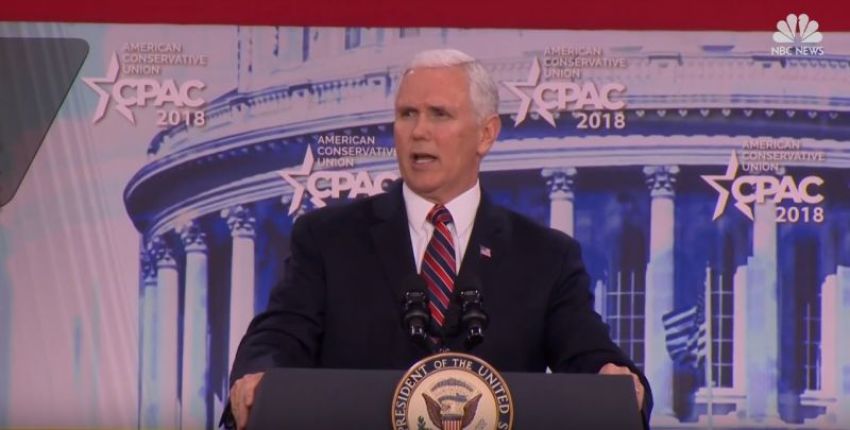Is Limited Government Good for the People or Is This a Lie?

How should Christians think about the size and scope of government? Over the past month, I've been writing about what the Bible has to say about government and discussed a number of key questions that Christians have in this area:
Is government inherently good or bad?
How does our sinful nature impact government?
Are there any explicit messages in the Bible about government?
What is the legitimate role of government?
While the Bible does not provide support for one form of government over another, a strong case can be made for a limited role of government. Regardless of where you come down on these issues, here are some key points to consider from scripture:
Government Is Established by God
God has clearly approved of government as an authority. Due to fallen human nature, God chooses to use government as a tool in order to uphold order, justice, and the rule of law. Thus, believers are to respect and pray for their leaders while submitting themselves to the authority provided by the government.
Limited Government Suits a Fallen People
Government itself is composed of fallen individuals and is far from perfect. As a result, scripture makes clear that God has also placed limits and expectations on the government. In the Old Testament, for instance, Israelite kings were expected to obey God's laws as written in the Pentateuch.
The Bible Warns About the Increasing Power of Government
Now that most governments are not theocratic but secular, Christians must concern themselves with where they can have influence to make sure that government does not grow beyond its bounds. The Bible provides many examples of government that grows to become oppressive, and Christians must be vigilant lest those in authority take, take, and take ever more. According to Romans 13:7, it is certainly right to pay taxes. Yet in the words of John Calvin, rulers "should remember that all they receive from people is public property, and not a means of satisfying private lust and luxury."
Government Is More Focused on Law and Order Than on Providing Services
So, what should the government ultimately be doing? New Testament passages imply that government's primary role is "negative" not "positive"—focused more on punishing evil and praising good behavior and less on providing goods and services.
Perhaps the whole debate on limited government is between Romans 13 and Revelation 13. In Romans, we see the role of government to stop evil by upholding the rule of law. In Revelation, we see government taking over all, including worship.
The Bible repeatedly provides examples of governments that became corrupt and usurped freedom, property, and money. In addition, these and many governments today are highly bureaucratic, impersonal, inefficient, and often not grounded on biblical principles. The larger they become, the more resources they require from their citizens.
These considerations might lead many to question whether government should play a proactive role in providing goods and services. It might be helpful to first ask whether churches, nonprofits, private enterprise, and other non-government institutions could provide these goods and services more efficiently, economically, and wisely.
Let Scripture Be Your Guide, Even Though No Explicit Model Is Given
These arguments point to a need for limited government. But the question remains, how limited?
If Romans 13:1-7 and 1 Peter 2:13-14 are to be our guide—government should be limited to law and order. It is important to remember that just because scripture does not command a government to play a certain role in providing a certain service, it does not forbid it either.
However, in light of the considerations discussed above, the burden of proof lies with those that advocate that government expand its power, since this involves relying so extensively upon the resources of others.
Ultimately, when coming to a conclusion about the size and scope of government, Christians must carefully assess the consequences of their choices, listening to biblical warnings, pondering the pervasiveness of the Fall, and learning from the lessons of history.
This article is copied with permission from the Institute for Faith, Work & Economics (www.tifwe.org). The original article appeared here. IFWE is a Christian research organization committed to advancing biblical and economic principles that help individuals find fulfillment in their work and contribute to a free and flourishing society. Visit https://tifwe.org/subscribe to subscribe to the free IFWE Daily Blog.



























